A change of a pivotal nature
According to Article 14 of the 2024 amended Law on VAT, the National Assembly has removed the previous provision exempting non-cash payment documents for expenses under VND 20 million. From July 1, 2025, all expenses - regardless of size - must be accompanied by invoices and non-cash payment documents to be eligible for input VAT deduction.
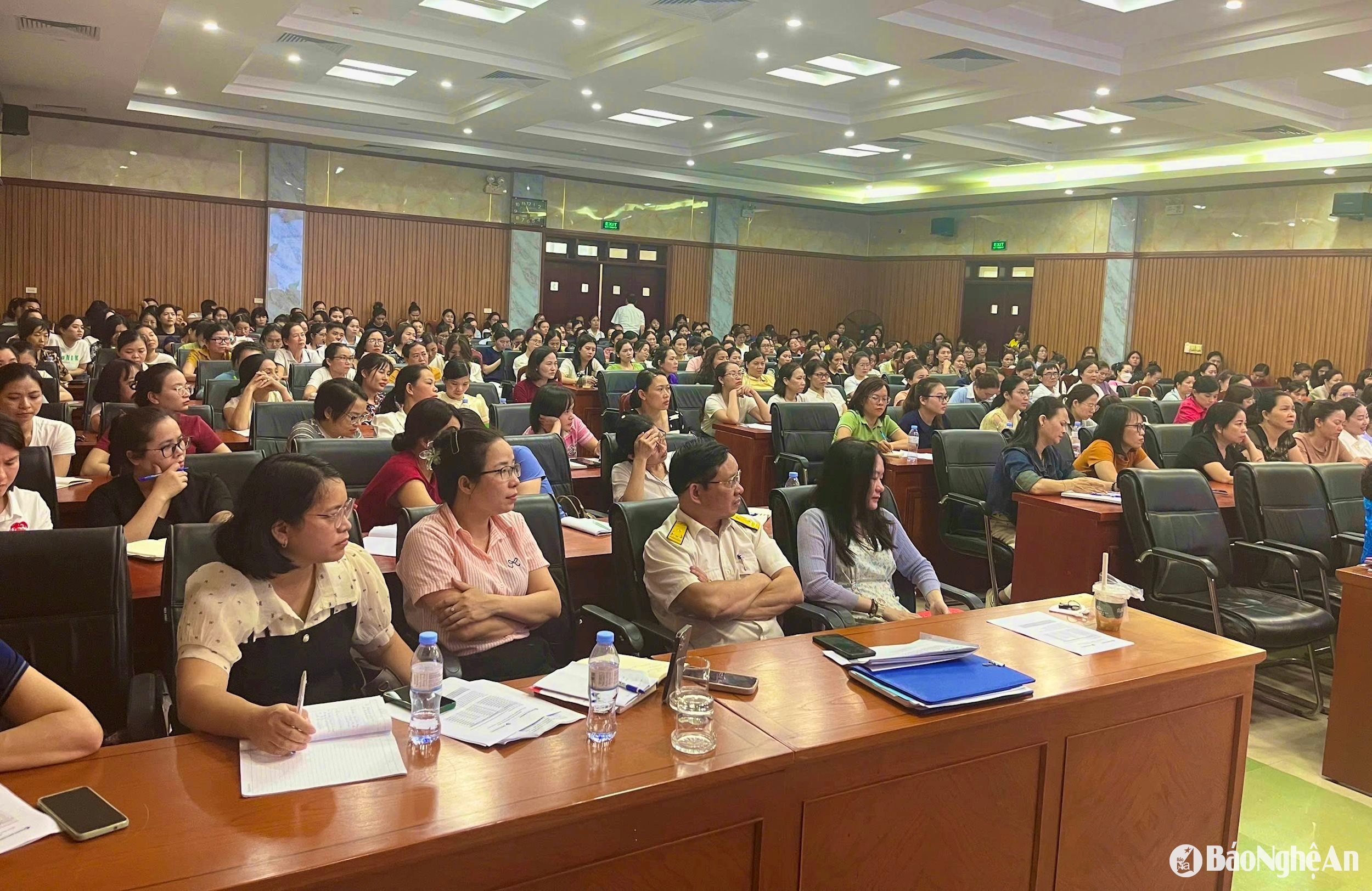
Specifically, Clause 2, Article 14 stipulates: “Conditions for input VAT deduction are stipulated as follows: a) Having a VAT invoice for purchasing goods and services or a VAT payment document at the import stage or a VAT payment document on behalf of a foreign party as stipulated in Clauses 3 and 4 of this Law. The Minister of Finance shall prescribe the VAT payment document on behalf of a foreign party; b) Having a non-cash payment document for purchased goods and services, except for a number of special cases as stipulated by the Government”.
Currently, the leader of the General Budget Department - Tax Department of Region X confirmed this information and said that according to the regulations, some special cases will be excluded according to the Government 's regulations and the Government is issuing a guiding decree. After the Government issues a guiding decree, the Ministry of Finance will issue a Circular for implementation.
This regulation is a strong step, showing the Government's efforts in tightening financial discipline, combating tax losses and promoting the widespread development of the electronic payment system. This not only serves tax management more effectively, but is also consistent with the policy of building a transparent financial system, towards a digital economy, less cash.
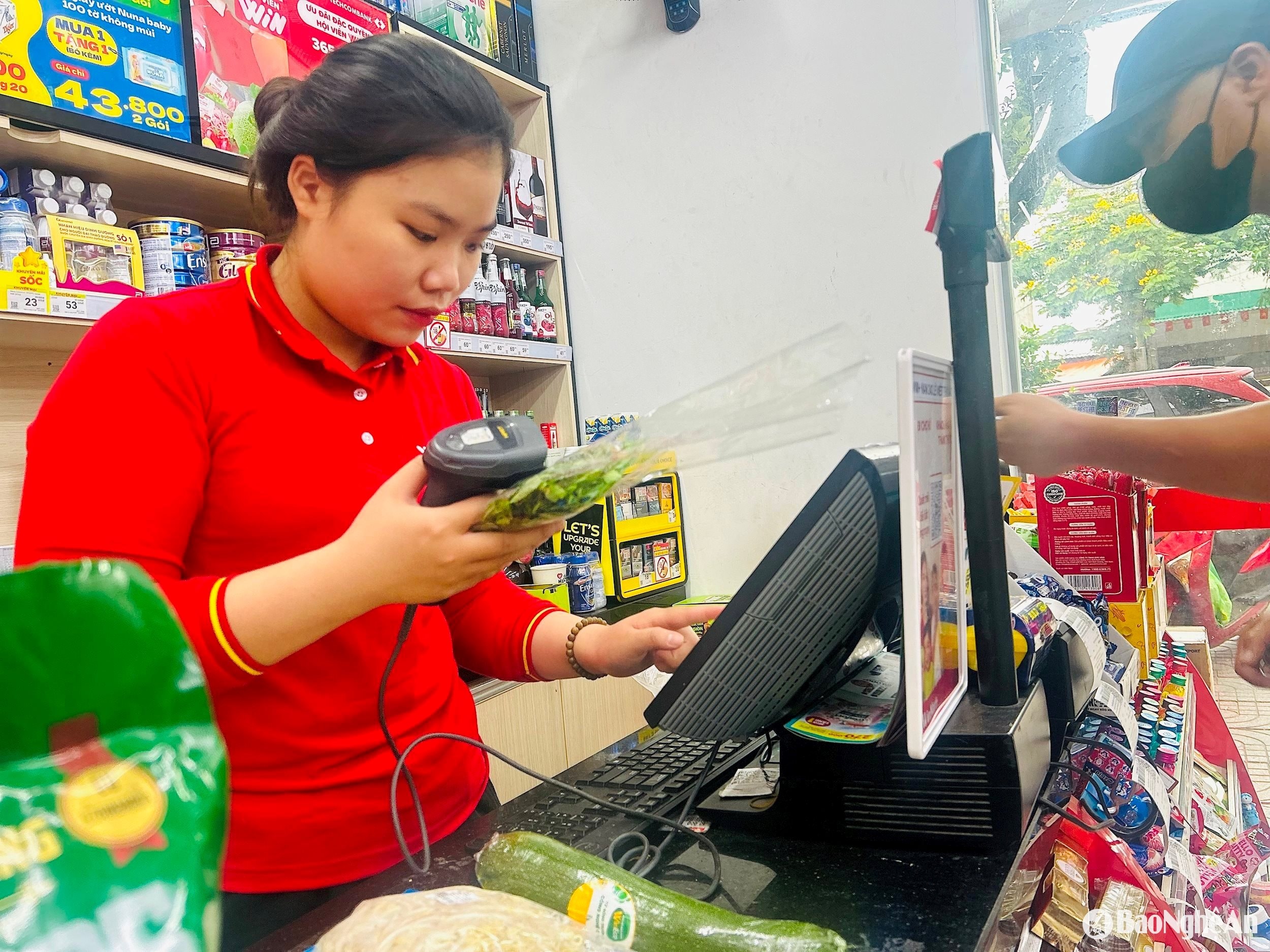
For large enterprises with a systematic accounting system, implementing cashless payment documents is not an obstacle. However, for small traders and individual business households - those who are used to cash transactions, using retail invoices, and not yet in the habit of saving electronic payment documents - this is a turning point.
A grocery store owner at Hung Dung market (Vinh city) said that his family has been in business for a long time, mainly taking goods via trucks that deliver goods along the route, selling goods for cash, and recently using bank transfers. Now with the addition of regulations on invoices, importing goods, and checking goods on the machine, the family feels worried and plans to transfer the store or switch to other goods because it is not suitable for older business people, and their children live far away.
Meanwhile, the owner of a goods dealer in Hung Phuc ward said: Due to the deduction method of accounting, the unit issues full invoices to customers for each sale; input invoices are also fully collected from secondary units, so storing invoices is very important, creating conditions for businesses to deduct taxes.
The owner of a mini supermarket on Le Loi Street, Vinh City also said: With that regulation, we now encourage customers to get invoices, especially large business customers to create conditions for them to deduct taxes for their activities.
To continue to deduct value added tax (VAT) - a factor that can directly affect the profits of business households - small traders will be forced to change. The change is not only related to the payment method, but also related to the process of storing documents, accounting books, and even the way of working with suppliers.
What to do to adapt?
According to the Tax Department of Region X, from June 1, 2025, organizations deducting personal income tax must stop using electronic personal income tax documents according to previous regulations and switch to applying electronic personal income tax deduction according to Decree No. 70/2025/ND-CP. In order not to fall behind in tax policy, and more importantly, to ensure tax payment rights, small traders need to pay attention to the following issues:
The first is to equip cashless payment methods. Currently, there are many options such as bank transfer, QR code scanning, e-wallet, bank card... Small traders should register a corporate or personal bank account for business activities, and integrate electronic payment tools for more convenient transactions.
Tax deducting traders need to inform suppliers and customers that from July 1, 2025, all transactions need electronic payment documents to ensure tax conditions. Transactions under 20 million VND now need to be noted. Traders need to keep VAT invoices and non-cash payment documents (payment orders, transfer statements, QR receipts, etc.) in accordance with the regulations of the tax authorities. Each transaction needs to be fully recorded so that when the tax authorities check the valid deduction conditions.
Currently, it is observed that tech-savvy small traders have begun to upgrade their accounting books, electronic storage, and even hire and implement accounting software to benefit in fulfilling tax obligations. Many digital accounting platforms are now suitable for small businesses at reasonable costs. Sales staff instead of the owner now have to enter the books and the stall owner must also understand basic input and output methods. From the initial "barrier" mentality, small traders need to consider this as an opportunity to gradually bring business activities into a more standardized, modern, transparent and tax-deductible state.
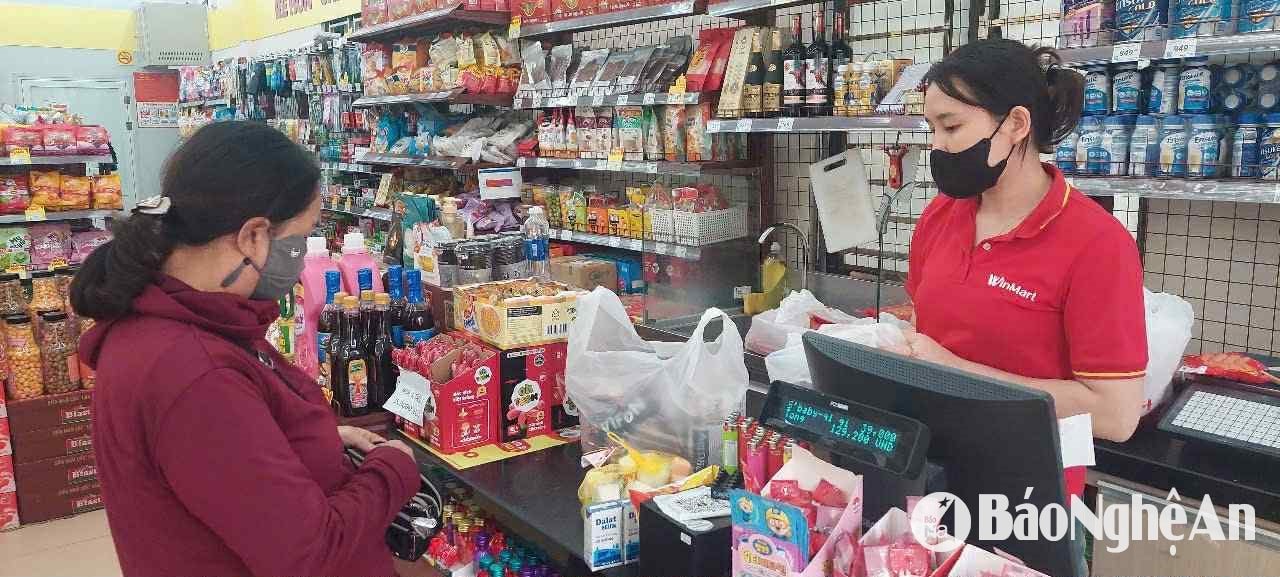
Payment service providers and banks also need to continue to support small businesses in "digital literacy", implementing many policies to support free account creation, card swiping machines, QR code scanning incentives, etc. to encourage small businesses to switch. This is a good time to change, instead of waiting or being slow to adapt and suffering losses later.
Expanding the requirement for non-cash payment documents for transactions, even under 20 million VND, is the right and necessary step to ensure fairness and transparency in tax management. This is also in line with the direction of developing the digital economy, modernizing tax work and limiting cash transactions - which always have potential risks and fraud. Initially, it may cause disruption for small traders and business households, but later it will be in harmony with the general flow, especially for small traders who have determined business as a career.
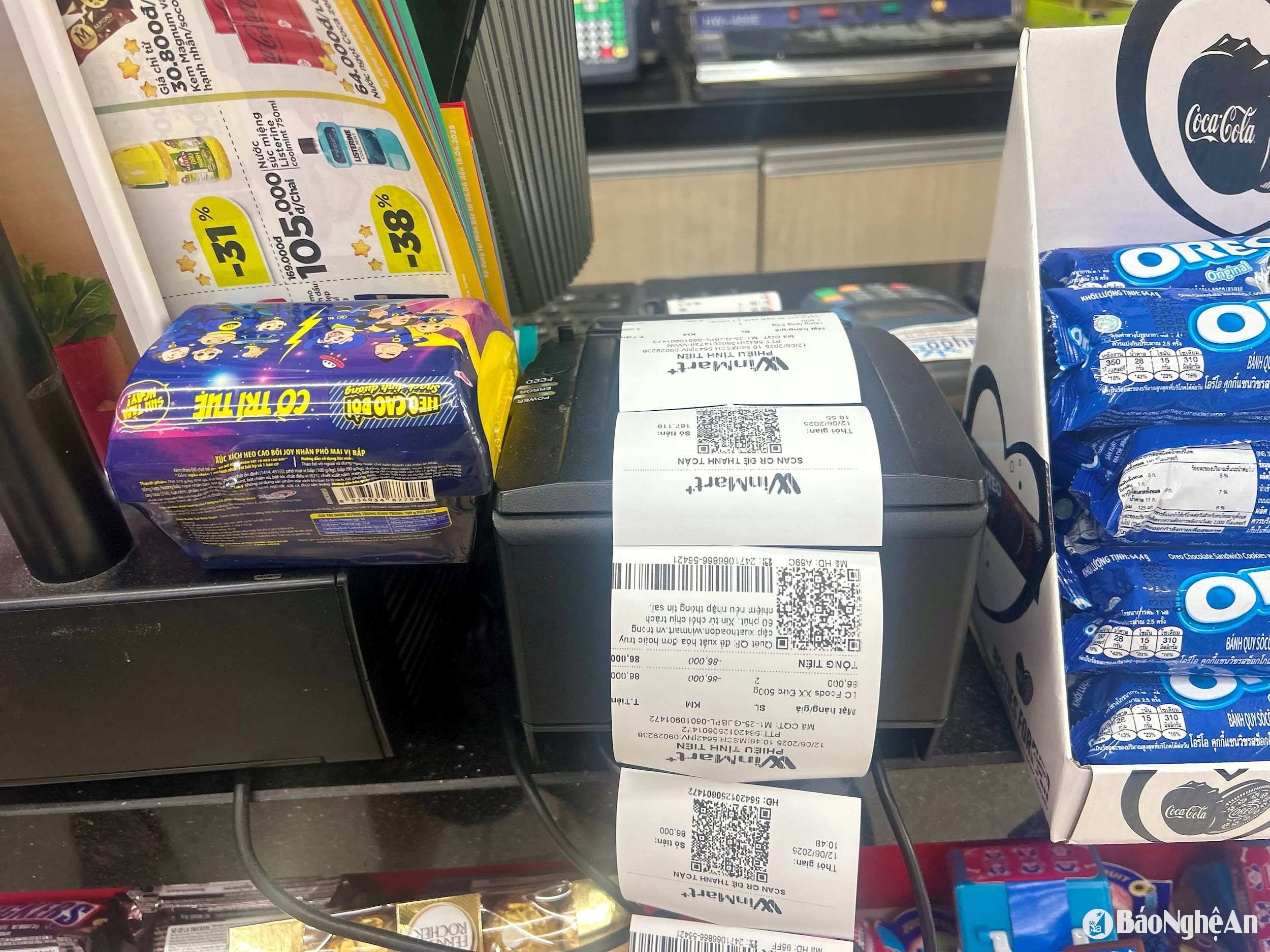
Source: https://baonghean.vn/tu-ngay-1-7-2025-giao-dich-mua-ban-duoi-20-trieu-dong-bat-buoc-phai-co-hoa-don-nu-muon-khau-tru-thue-10299730.html












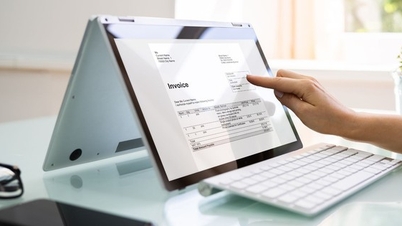







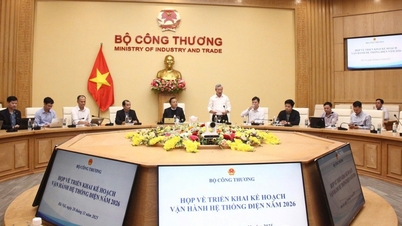



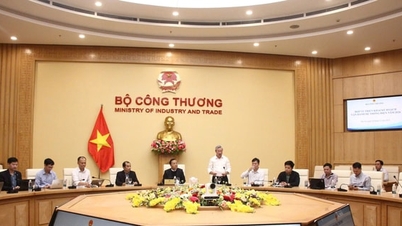


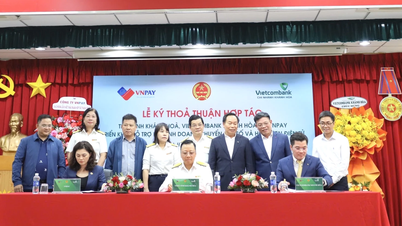


































































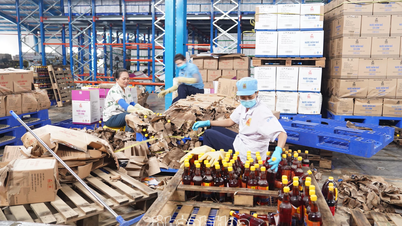


















Comment (0)